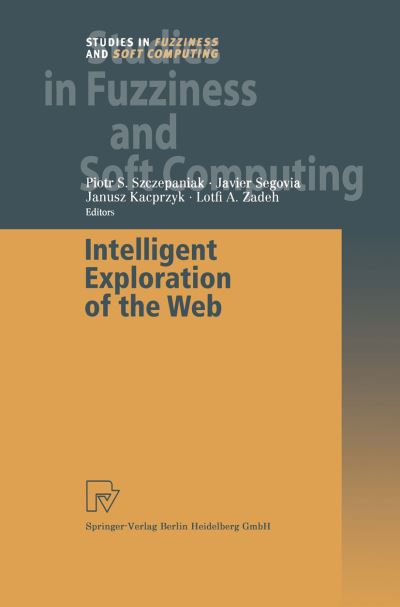
The Web is the nervous system of information society. As such, it has a pervasive influence on our daily lives. And yet, in some ways the Web does not have a high MIQ (Machine IQ). What can be done to enhance it? This is the leitmotif of "Intelligent Exploration of the Web," (lEW)--a collection of articles co-edited by Drs. Szczepaniak, Segovia, Kacprzyk and, to a small degree, myself. The articles that comprise lEW address many basic problems ranging from structure analysis of Internet documents and Web dialogue management to intelligent Web agents for extraction of information, and bootstrapping an ontology-based information extraction system. Among the basic problems, one that stands out in importance is the problem of search. Existing search engines have many remarkable capabilities. But what is not among them is the deduction capability--the capability to answer a query by drawing on information which resides in various parts of the knowledge base. An example of a query might be "How many Ph.D. degrees in computer science were granted by European universities in 1996?" No existing search engine is capable of dealing with queries of comparable or even much lower complexity. Basically, what we would like to do is to add deduction capability to a search engine, with the aim of transforming it into a question-answering system, or a QI A system, for short. This is a problem that is of major importance and a challenge that is hard to meet.
| ISBN: | 9783790825190 |
| Publication date: | 10th November 2010 |
| Author: | Piotr S Szczepaniak, Javier Segovia, Lotfi A Zadeh |
| Publisher: | Physica an imprint of Physica-Verlag HD |
| Format: | Paperback |
| Pagination: | 424 pages |
| Series: | Studies in Fuzziness and Soft Computing |
| Genres: |
Computer science Mathematical theory of computation Artificial intelligence Data warehousing Information retrieval Applied computing |